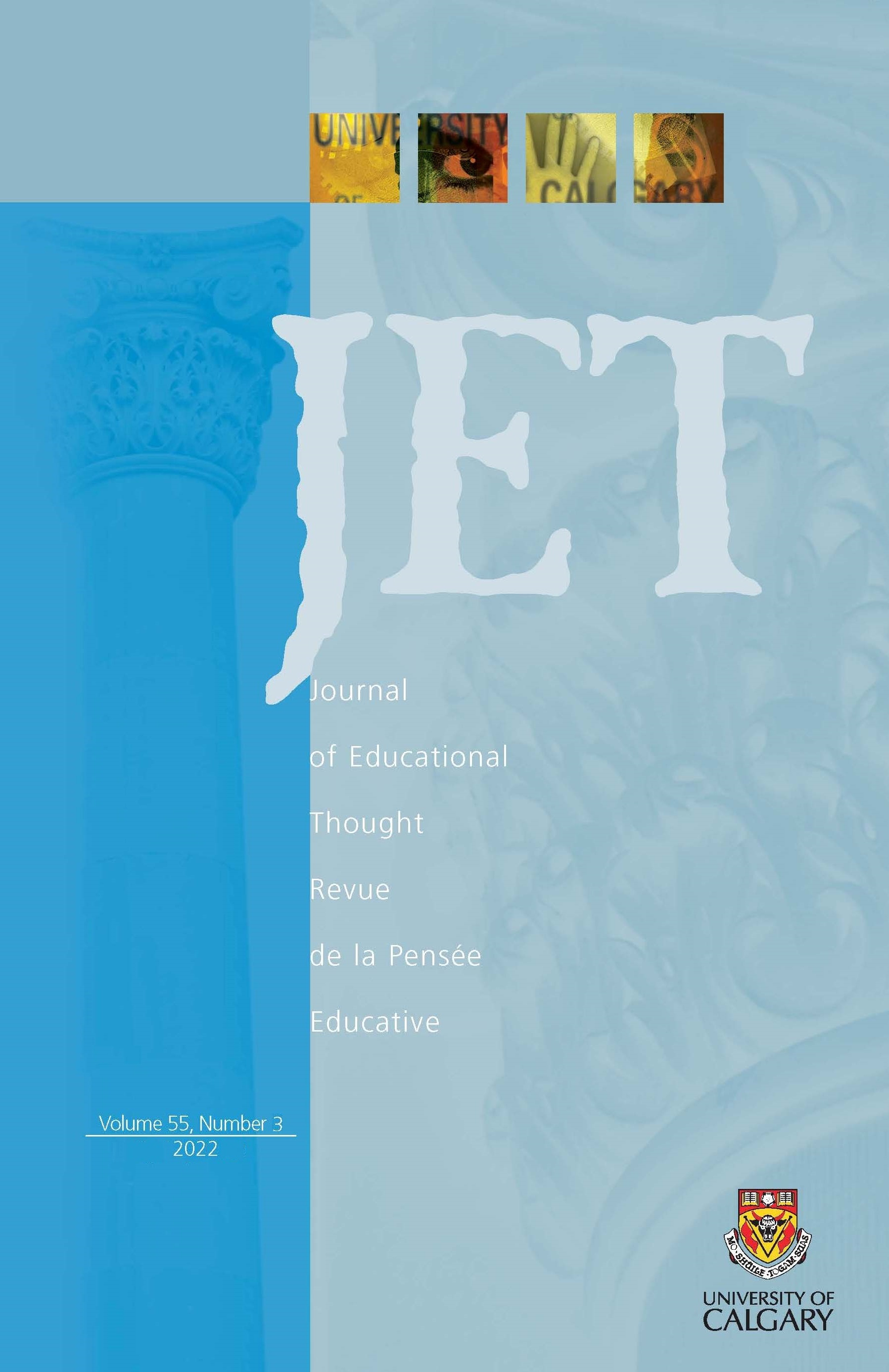Today’s Common Sense in Science can be Changed Tomorrow
DOI:
https://doi.org/10.55016/ojs/jet.v55i3.76972Abstract
Abstract: STEM-education also creates critical thinkers, increases science literacy, and enables the next generation of innovators. Although mathematics is robust, scientific laws are statements based on repeated experiments or observations that describe or predict a range of natural phenomena. Different observations may produce a new scientific law which may contradict with the conventional scientific laws. The teacher must tell all students that scientific laws are not always true, but only true under assumed observations. In other words, in the future, the current common sense of science can be changed tomorrow. Besides, we need to know that we are not always logical. This paper will present three examples to validate the proposed claims.
Downloads
Published
Issue
Section
License
The Journal of Educational Thought retains first publication rights for all articles. The Journal grants reproduction rights for noncommercial educational purposes with the provision that full acknowledgement of the work’s source be noted on each copy. The Journal will redirect to the appropriate authors any inquiries for further commercial publication of individual articles. All authors wishing to publish in JET will be asked to fill in and sign a Consent to Publish and Transfer of Copyright agreement.
Authors must affirm that any submission to JET has not been and will not be published or submitted elsewhere while under considration by JET.

